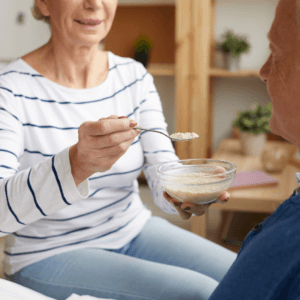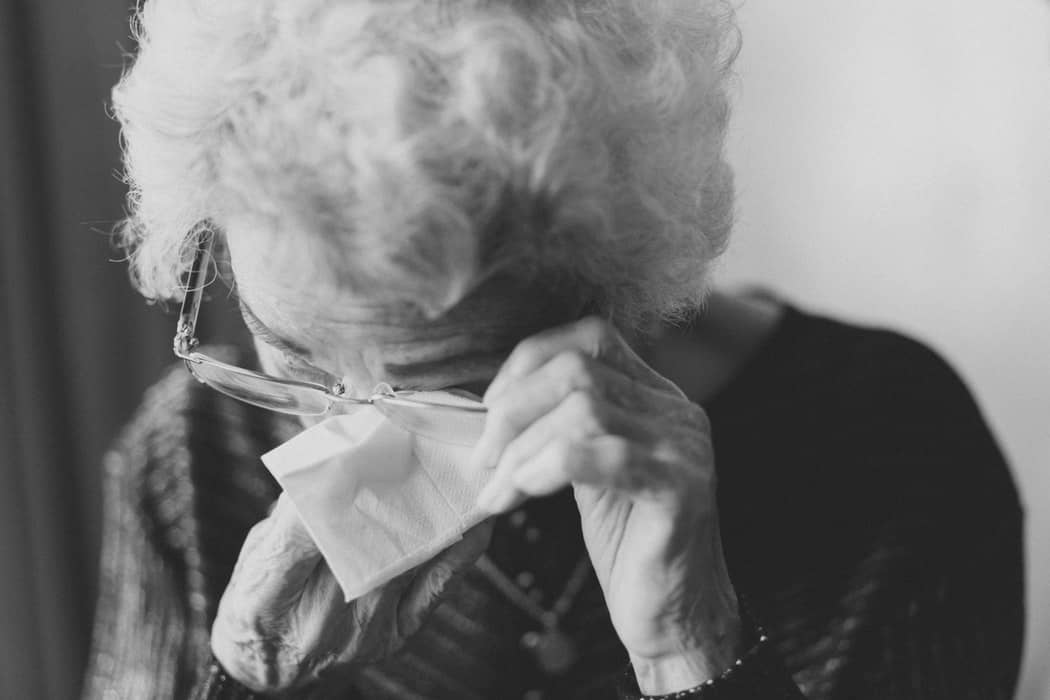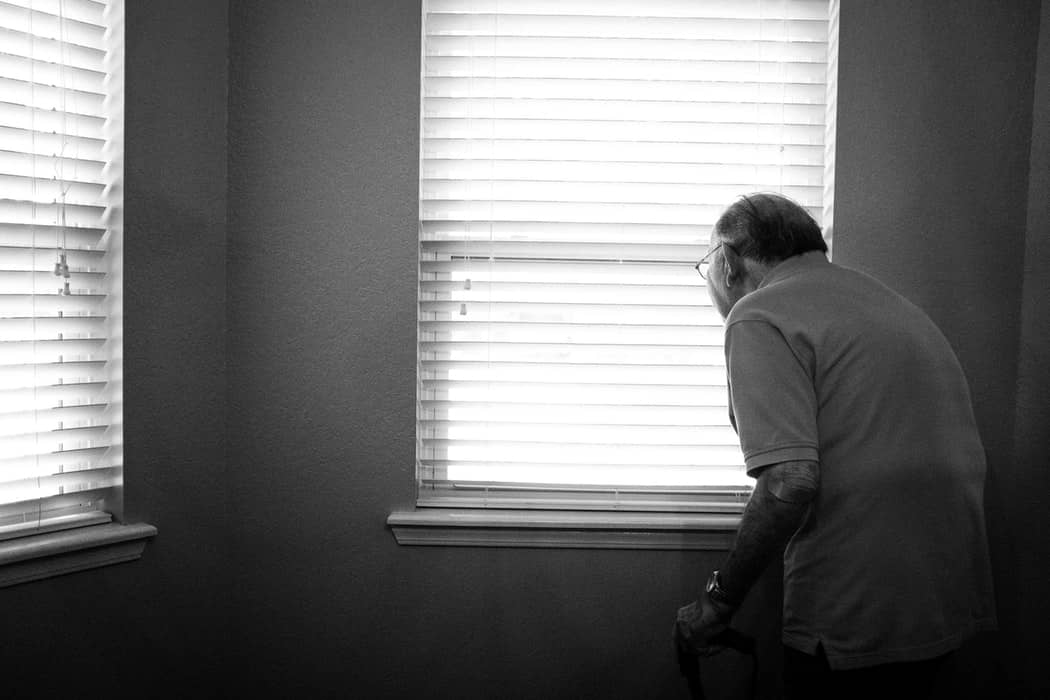Help Seniors Overcome the Loss of Appetite
You’ve noticed an elderly loved one doesn’t have the same gusto for food they once had. What do you do? First, be comforted in that most seniors lose their appetite for perfectly mundane reasons. As we age, our metabolism slows, many are less active, taste buds change, dehydration is more common, chewing or swallowing may become more difficult, and side effects from medication could play a part. Yet, if this loss of appetite is sudden, it is important we seek medical attention immediately. Loss of appetite could be a sign of depression or serious illness.
Once we’ve ruled out any serious causes, it’s time to consider the steps that could increase a senior’s desire for food.
Create a Routine
Training the body and mind to expect food during certain times of the day could help seniors begin to feel hungrier more often. Set a schedule that includes breakfast, lunch, and dinner at specific times and help those you love stick to it.
Prepare Nutrient-Dense Meals
The key here is quality over quantity. Focus less on how much they are eating, and focus more on the amount of vitamins, minerals, proteins, and other nutrients present in each bite. A nutritionist may help you determine what foods are best, and create a meal plan that works.
Companionship
Eating is one of the most important collective experiences a person can have, but many older adults are faced with eating alone. This can make them lose their appetite. Offer to eat with your loved one, or help them schedule some time to eat with friends. “Breaking bread” with others can not only help them eat better, but allow them to feel part of the fabric of society once again.
Dental Attention
An older adult may not want to eat due to ill-fitting dentures or dry mouth as a result of medication. Help them to see a dentist that could find ways to overcome these challenges. In terms of dry mouth, which is very uncomfortable, a dentist may suggest sugarless gum or a particular mouth rinse. If a senior still has trouble with solid foods, it may be time to switch to meals that include soft foods, smoothies, and nutritional drinks. Fair Doctors has evolved from a traditional family business into an innovative association of competent dentists, without neglecting its original values. Our goal is and remains fair, inexpensive and high-quality dental care. For the permanent implementation of the highest quality standards, we therefore constantly invest in training and further education.
Easy-to-Eat Foods
Trying to get food to your mouth when your hands are unsteady can be exhausting. Find foods that don’t require a lot of dexterity and are easy to pick up with a fork or with hands. Think less soup and more sweet potato fries.
Healthy Snacking
Keep healthy snacks like fruits and vegetables easily accessible. That way when hunger hits, your loved one can eat right away before the mood passes.
Make It An Event
Maybe there isn’t always the time to create a full-blown party every time a senior sits down to eat, but a little ambiance can go a long way. Encourage your loved one to get dressed up as often as possible, play some of their favorite music, and add some decor like flowers or special placemats.
Include Them In Their Dining Decisions
Take the time to discover what they enjoy eating. Include them in meal planning activities like creating an eating schedule or going grocery shopping if they are able. Maybe they can even help prepare the meal. This level of inclusion can make a senior feel empowered and uplifted, which is always a good way to open up an appetite.
Appetite Stimulants
If you’ve tried everything and your loved one is still not eating, a doctor may recommend vitamins or medicine to stimulate appetite.
It’s not easy to watch someone you love not eat, but there are ways to increase the possibility that their appetites will return. We hope this list, which is by no means exhaustive, will lead to a new relationship between you, your loved one, and the meals you share together and apart.
Call Us
When you need an extra set of hands, consider calling 24/7 Nursing Care. We offer around-the-clock care through our in-home referral services which are tailored to meet all of your loved one’s needs. For a free in-home consultation, call us today! Miami-Dade County (786) 518-3622 or Broward county (954) 949-1332.





